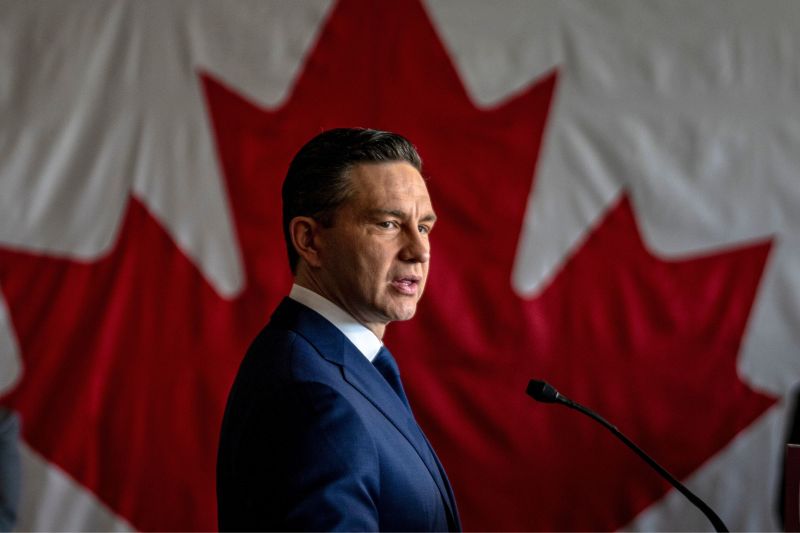
Conservative Leader Pierre Poilievre shocked the nation when he lost his seat in Parliament after the recent election. Many are wondering what mistakes he may have made that led to this unexpected outcome. In this article, we will explore the reasons behind Pierre Poilievre's defeat and analyze what went wrong for the prominent politician.
Pierre Poilievre loses what..
After years of serving as a Member of Parliament and even making a run for the Conservative leadership, Pierre Poilievre found himself facing a crushing defeat in the recent election. Despite his experience and political savvy, he was unable to secure his seat in Parliament, leaving many to question what went wrong for the once-promising politician.
What did he do wrong
There are several factors that may have contributed to Pierre Poilievre's loss in the election. One of the main issues was his controversial stance on certain policies, which alienated potential voters and may have cost him crucial support. Additionally, his campaign may have lacked the necessary strategic planning and organization needed to secure a victory in a highly competitive race.
Mistakes made by Pierre Poilievre
One of the key mistakes made by Pierre Poilievre was his failure to connect with voters on a personal level. While he was known for his strong opinions and decisive leadership, he may have come across as aloof or out of touch with the concerns of everyday Canadians. This lack of relatability may have cost him critical votes in key battleground ridings.
Another misstep by Poilievre was his handling of certain sensitive issues during the campaign. His rhetoric may have been perceived as divisive or inflammatory, turning off potential supporters who were looking for a more moderate and inclusive approach. In today's political climate, it is essential for leaders to strike the right balance between standing firm on their principles and remaining open to dialogue and compromise.
Furthermore, Pierre Poilievre's campaign may have suffered from poor messaging and communication strategies. In a fast-paced and ever-evolving media landscape, it is vital for politicians to effectively communicate their vision and policies to the electorate. Poilievre may have failed to effectively convey his platform to voters, leading to confusion and uncertainty about his priorities and plans if elected.
In conclusion, Pierre Poilievre's loss in the recent election can be attributed to a combination of factors, including controversial policy stances, a lack of personal connection with voters, and ineffective messaging strategies. While he may have been a formidable contender in Canadian politics, he ultimately fell short in his bid for re-election. As he reflects on his defeat, Poilievre may learn valuable lessons about the importance of engaging with constituents, fostering meaningful dialogue, and crafting a compelling campaign narrative that resonates with the electorate.







0 Comments
Post Comment
You will need to Login or Register to comment on this post!